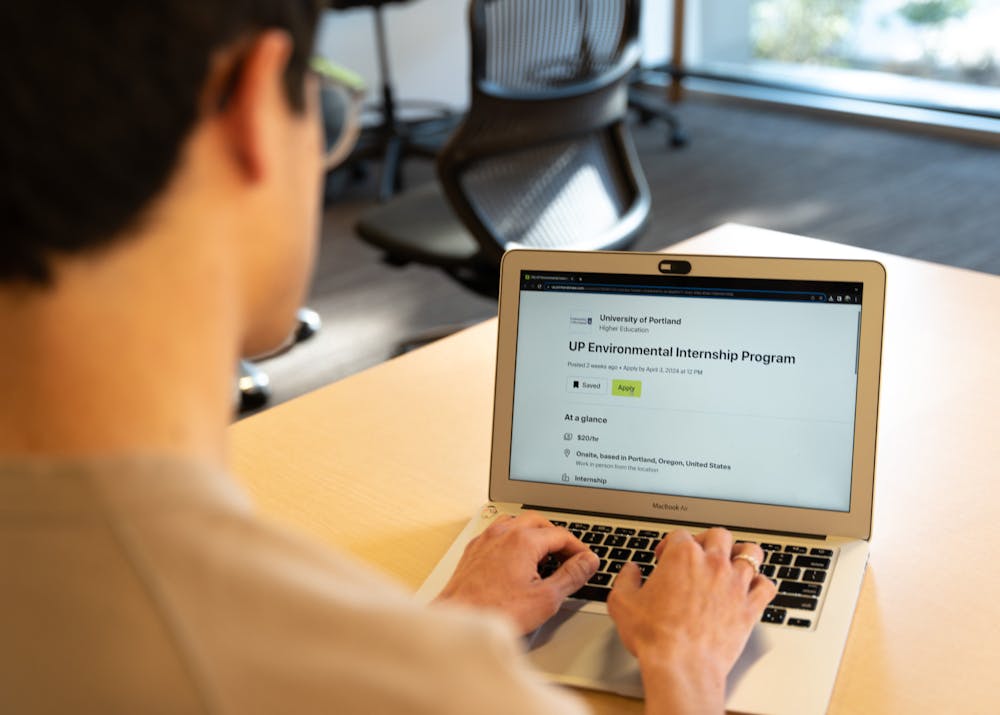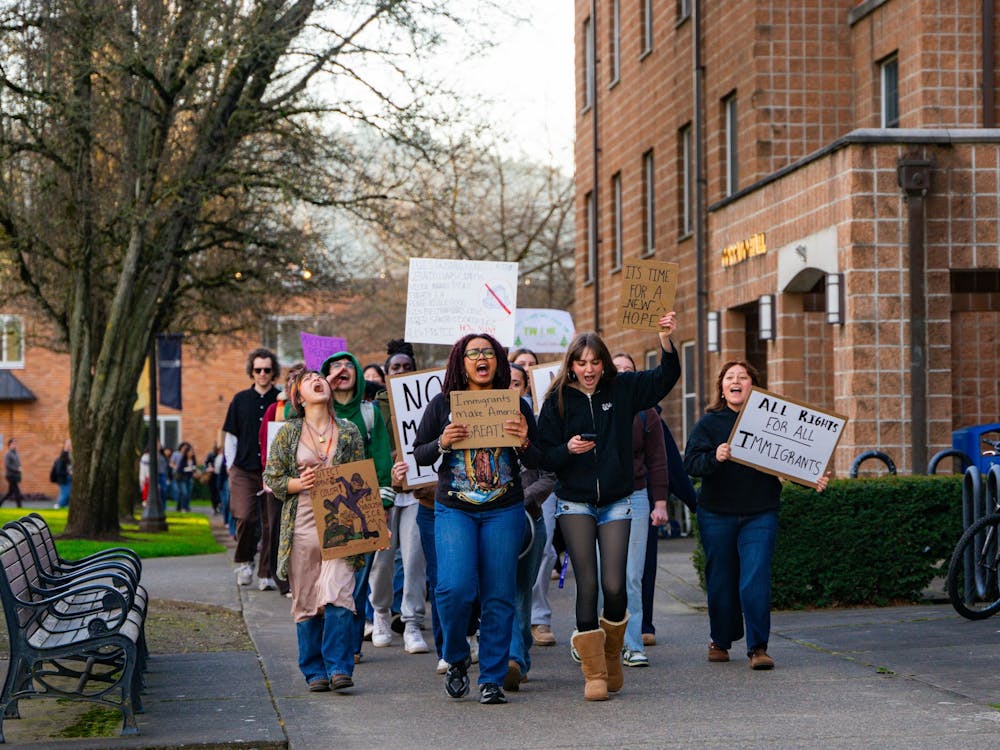Throughout the year, students apply to internships hoping to boost their professional development and jumpstart their careers. But many internships are either unpaid or pay uncompetitively, and some students may have to choose between internship experience and a job that pays enough to meet their expenses.
The Environmental Internship Program — a 10-week program rolling out this summer — offers interns of all majors both a $5,000 stipend (equating to $20 per hour) and an opportunity to gain experience with local nonprofit environmental organizations where past students had interned unpaid.
“What’s new is that students can get paid to do these internships that have been traditionally unpaid,” Norah Martin, an environmental science professor, said. “And that’s exciting because that really opens up the internship to a lot more students.”
The program — funded by a donor — is partnered with the University and is exclusive for UP students, fostering professional development and allowing students to contribute to nonprofit work in the community.
The nonprofit organizations are 350PDX, Sustainable Northwest, Columbia Springs and Unite Oregon, each with a different internship focus. For example, 350PDX is hiring organizing and advocacy interns, whereas Columbia Springs is looking for an education intern.
While it’s called the Environmental Internship Program, Ahna Van Valkenburg — the Career Center’s internship coordinator — encourages students of all majors to apply.
“They’re all open to all majors,” Van Valkenburg said. “But the main tying centering piece is an interest in environmental issues and an interest in working at a nonprofit — giving back to the community.”
While all majors are eligible, applicants must be returning to campus for the fall 2024 semester.
“The main reason we have that [requirement] is just so that it’s an experience that you go and you have, and then you come back to UP and you bring it back with you,” Van Valkenburg said. “And [students] are able to have that sort of integration between the curriculum in and outside the classroom.”
But for Martin, the internship is also more than what you bring to and from the classroom.
“The value of the internships is that students set learning goals with their faculty advisor when they do it for credit, and they consider their learning goals in a situation like this even though they’re not doing it for credit,” Martin said. “And then they are able to get this experience in an organization that might be someplace or a similar kind of thing that they would want to do after they graduate.”
Riley Martinez is Copy Editor for The Beacon. He can be reached at martinri24@up.edu.








